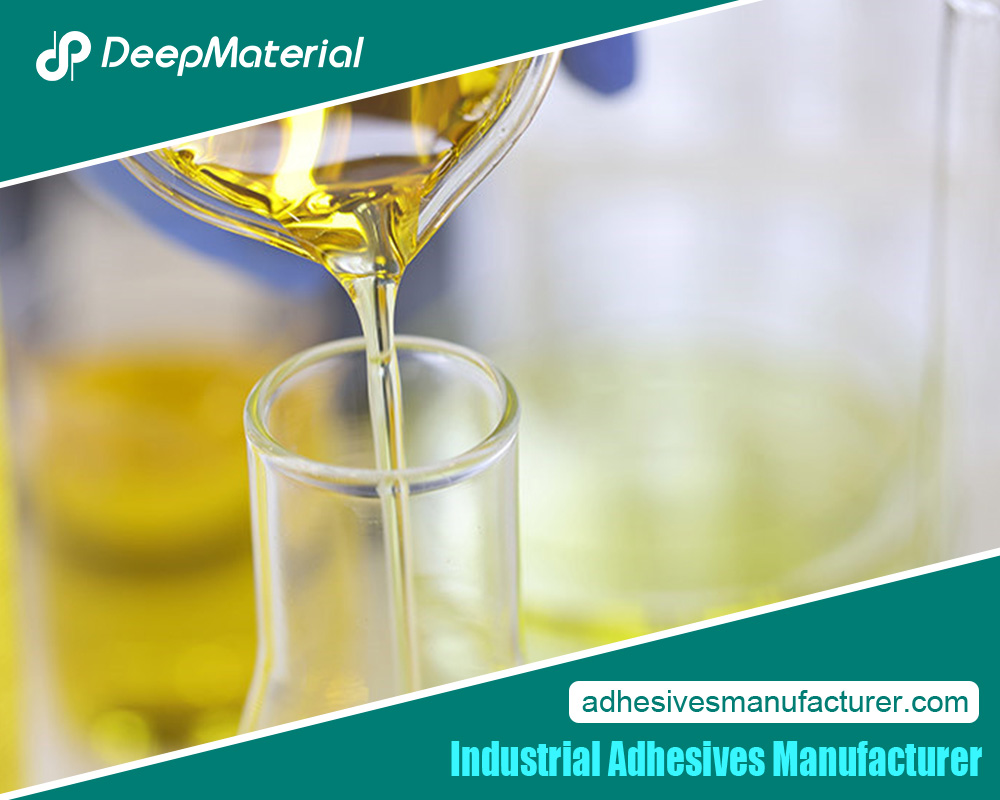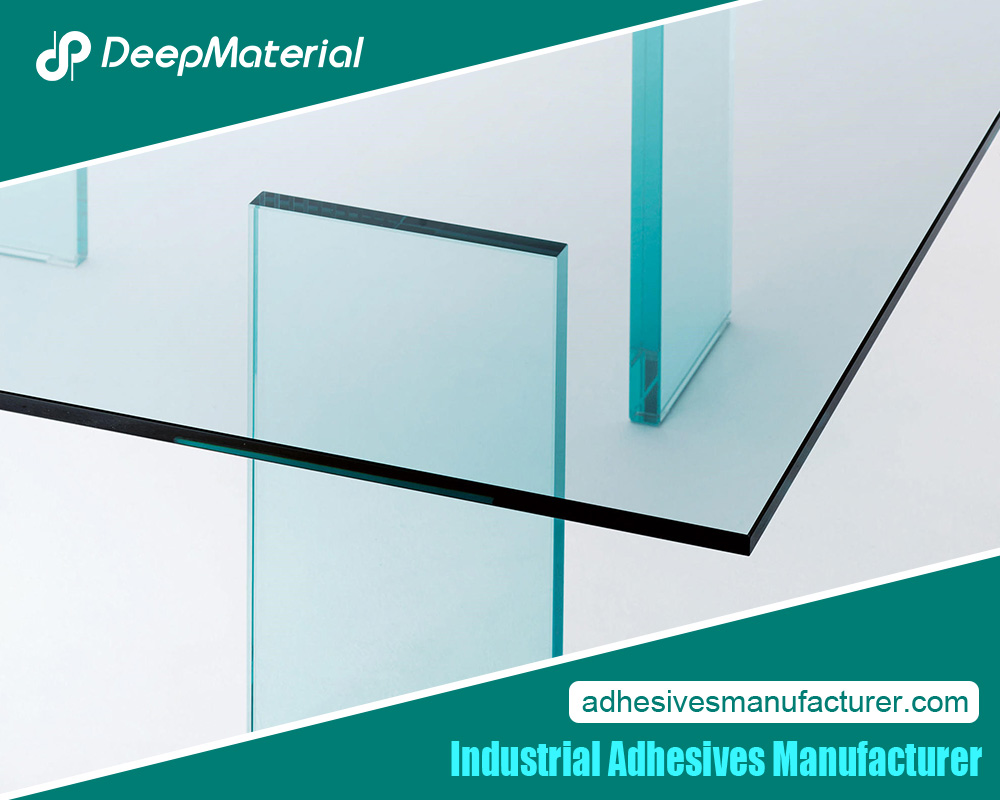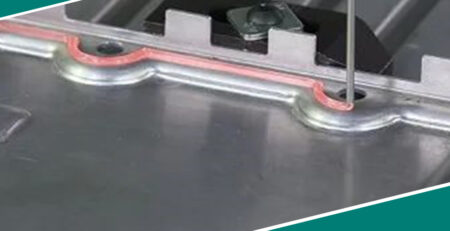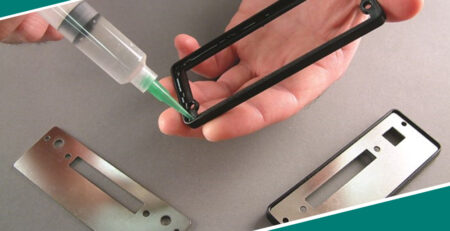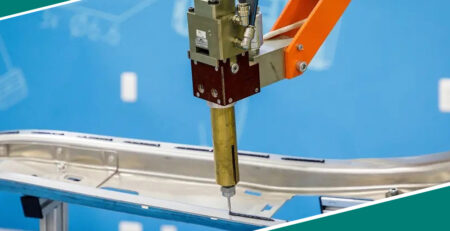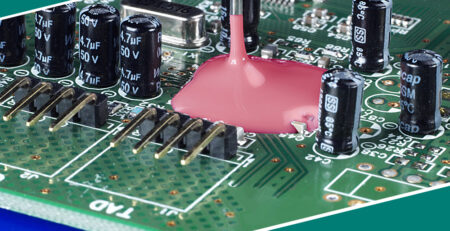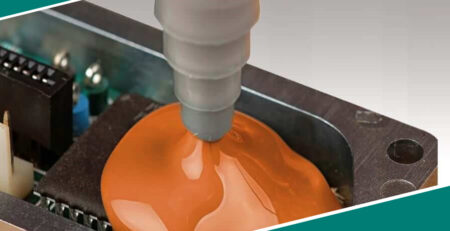The Importance of Automatic Fire Suppression Material in Fire Safety Systems
The Importance of Automatic Fire Suppression Material in Fire Safety Systems
Fire safety is critical in both residential and commercial environments. With the increasing importance of preventing fire hazards and protecting valuable assets, the role of fire suppression systems has become indispensable. One of the key innovations in fire suppression technology is the development of automatic fire suppression materials. These materials are designed to detect and extinguish fires quickly and efficiently without human intervention. This article explores the significance of automatic fire suppression materials, their applications, and how they contribute to a safer environment.
What is Automatic Fire Suppression Material?
Automatic fire suppression materials are substances or technologies integrated into fire suppression systems that can detect and respond to fire without manual activation. They are designed to quickly suppress or extinguish fires in their early stages, minimizing damage and protecting people and property.
Key features of these materials include:
- Self-activation:Automatic fire suppression materials trigger without the need for human intervention.
- Rapid Response:These materials respond to fire by either releasing fire-suppressing agents or creating a physical barrier to stop the fire from spreading.
- Targeted Suppression:Some materials are designed to suppress fires at the source, reducing the risk of secondary damage.
The technology behind automatic fire suppression materials can be varied, from chemically reactive substances to physically transformative materials, each suited to different fire types and environments.
Types of Automatic Fire Suppression Materials
Various automatic fire suppression materials exist, each designed for specific use cases and environments. These materials can be broadly categorized based on their chemical composition and mode of action.
Fire Suppression Sprays
Fire suppression sprays are automatic materials commonly used in enclosed spaces like kitchens, laboratories, or industrial facilities. When a fire is detected, these sprays release a fire-retardant agent, immediately suppressing the flames. The spray material is often based on wet chemicals or foam that creates a barrier, preventing oxygen from fueling the fire.
- Advantages: Highly effective in suppressing small to medium-sized fires.
- Use Cases: Commercial kitchens, laboratories, and manufacturing plants.
Fire-Resistant Fabrics
Fire-resistant fabrics, including clothing and building materials, are used in various fire suppression systems. These materials automatically activate in extreme heat, often releasing fire-retardant chemicals or creating a fire-resistant barrier.
- Advantages: Lightweight, flexible, and effective at preventing fire spread.
- Use Cases: Protective gear for workers, vehicle upholstery, and building insulation.
Thermoplastic and Intumescent Coatings
Intumescent coatings are automatic fire suppression material that expands when exposed to high heat, forming a thick insulating layer that protects underlying surfaces from fire. These coatings are often used on structural steel or wood, enhancing the fire resistance of buildings.
- Advantages: Provides long-lasting protection by expanding and insulating when exposed to heat.
- Use Cases: Steel beams, doors, and structural supports in commercial buildings.
Fire Suppression Gels
Fire suppression gels are a unique form of automatic fire suppression material that can be applied to surfaces to create a barrier against flames. These gels are often used in wildland firefighting, where they help to slow the spread of fire across vegetation.
- Advantages:Effective on natural and artificial surfaces, helps prevent fire from spreading.
- Use Cases:Wildfire management, forestry, and rural areas.
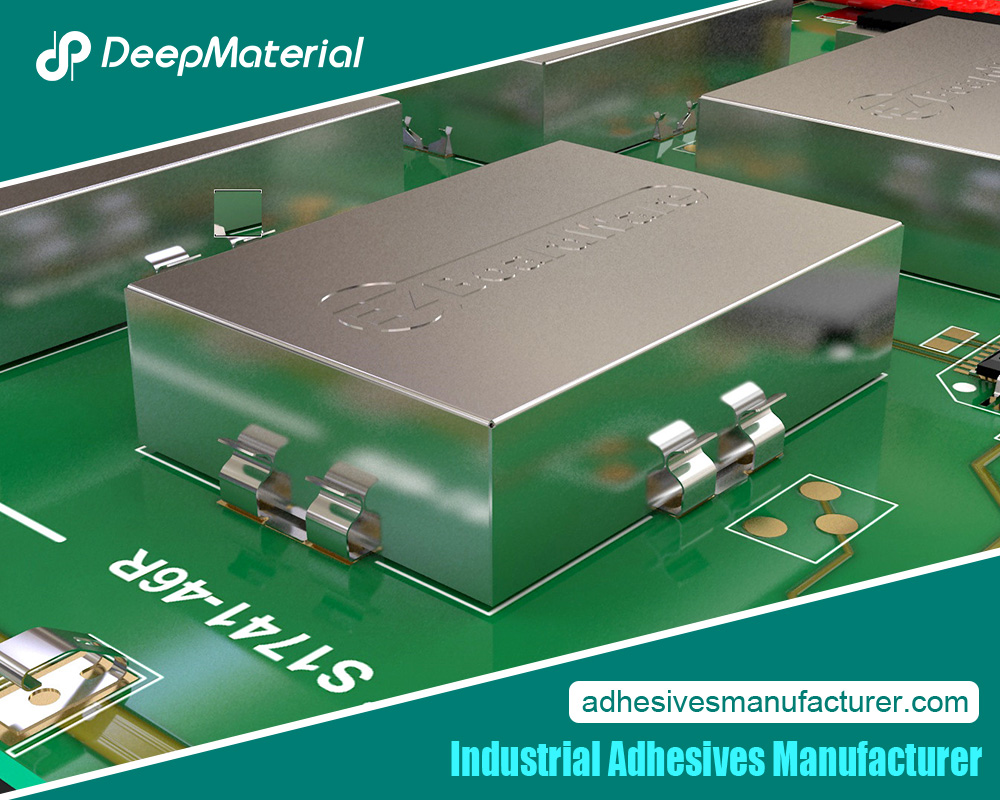
Applications of Automatic Fire Suppression Materials
Automatic fire suppression materials are widely used across industries to protect fire in various environments. Below are some of the primary areas where these materials are essential.
Industrial Facilities and Manufacturing Plants
Industrial facilities often contain flammable materials and high-risk machinery. Automatic fire suppression materials in these settings help prevent fires from spreading quickly, protecting employees and expensive equipment.
- Fire Sprays: Used in areas with high flammability risks.
- Intumescent Coatings: Protect structural elements like steel and wooden beams.
Commercial Kitchens and Restaurants
Grease and electrical fires are significant risks in commercial kitchens. Automatic fire suppression materials, such as fire suppression sprays and wet chemical agents, are critical for quickly controlling these fires before they cause widespread damage.
- Wet Chemical Sprays: Automatically trigger when grease fires are detected.
- Foam Systems: Suppress both liquid and solid-fuel fires in kitchens.
Data Centers
Data centers house vital technological infrastructure and expensive equipment, making them vulnerable to fires. Water mist systems and fire-resistant materials protect servers and sensitive electronics, preventing downtime and ensuring continuity of service.
- Water Mist Systems: Help prevent water damage while controlling fires.
- Fire-Resistant Fabrics and Insulation:Safeguard electrical cables and wiring.
Benefits of Automatic Fire Suppression Materials
Using automatic fire suppression materials offers numerous advantages, from enhanced safety to cost-effectiveness. Below are some of the key benefits:
Quick Response Time
Automatic fire suppression materials detect fires in their early stages and respond instantly, limiting the damage that could occur in more extensive fires.
- It prevents extensive damage by suppressing fires before they spread.
- Reduces response time, providing more effective fire protection.
Reduced Human Intervention
Since automatic fire suppression systems are self-activating, they eliminate the need for manual intervention, reducing the risk to human life and improving overall safety.
- Protects workers and residents from fire hazards.
- Lowers reliance on manual firefighting efforts, which can be time-consuming and dangerous.
Cost-Effective Solution
By reducing the extent of fire damage and the need for post-fire repairs, automatic fire suppression materials can be a cost-effective solution in the long run. Early suppression minimizes property damage and downtime, making it a valuable investment.
- Minimizes repair and recovery costs following a fire.
- Reduces insurance premiums as the property is better protected.
Challenges and Considerations in Using Automatic Fire Suppression Materials
While automatic fire suppression materials offer many benefits, specific challenges and considerations must be considered when selecting and implementing them.
Maintenance and Testing
The materials are regularly maintained and tested to ensure the fire suppression system functions appropriately. Some systems may require periodic replacement or recharging of fire-suppressing agents.
- Regular checks are essential to ensure proper functioning.
- Replacement and upkeep may add to the long-term costs.
Compatibility with Other Systems
Automatic fire suppression materials should be compatible with fire safety systems, such as smoke detectors and sprinkler systems. I ensure that the entire system is integrated and effective.
- System integration is crucial for a coordinated response to fire incidents.
- Compatibility with building structure and layout should be considered.
Environmental and Health Concerns
Certain fire suppression chemicals or materials may have environmental or health impacts. For example, some wet chemical systems may pose risks if exposed to sensitive areas or individuals.
- The environmental impact of chemical agents needs to be evaluated.
- The health and safety of people in the vicinity should be considered when choosing materials.
Conclusion
Automatic fire suppression materials are essential tools in the fight against fires, providing rapid response, reducing human intervention, and protecting valuable assets. Whether through fire-resistant fabrics, sprays, or sophisticated water mist systems, these materials are designed to suppress or extinguish fires quickly, minimizing damage and increasing safety. Despite some challenges, such as maintenance and environmental concerns, the benefits of integrating automatic fire suppression systems into both residential and commercial properties far outweigh the risks. By investing in these advanced fire suppression technologies, businesses and homeowners alike can ensure a safer and more secure environment for all.
For more about a complete guide to the importance of automatic fire suppression material in fire safety systems, you can pay a visit to Deepmaterial at https://www.adhesivesmanufacturer.com/ for more info.

